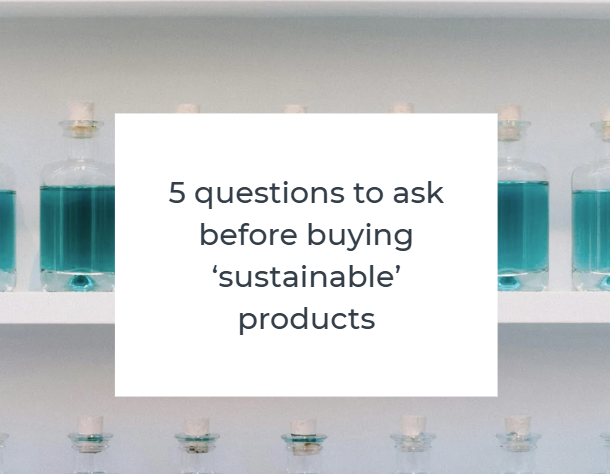What You Can Do To Fight Climate Change

The most important problem
Climate change, as far as Gen Z is concerned, has become the most important challenge facing our society. Although the issue of climate change has been a serious threat since the '60s, the science supporting the climate crisis goes back even further, to the early 1900s when the first greenhouse gases were detected. The single most important problem facing both individual and group climate activism, is the fact that we are very quickly running out of time, and with people becoming more defeated each day, the need to fight climate change must grow stronger.
So what does all that mean anyway? Well, this issue has created a unique and troubling split, specifically in North America, as our society races against the clock to stop our course towards a devastating future. This article will analyze individual action regarding climate change, and explain the pros and cons.
One person against the world?
With all the doom and gloom of a serious introduction out of the way, we can get down to business. Individual action regarding climate change is a fundamental first step towards a future we all want. When it comes to combating climate change as one person, a variety of actions help. Some examples include:
- Dietary changes
- Using and advocating for more sustainable transportation
- Shifting away from single-use plastics
Individual action can also manifest in the desire to change other people’s perspectives surrounding climate action.
Individual impact on group change
There are many ways one voice can have an impact on making a change for a larger group of people. For example, The David Suzuki Foundation has a list of propositions for individual action to combat climate change. These activities include:
- Urging parliament to pass sustainable legislation
- Eating locally grown and meat-free meals
- Switching to public or electric transport
- Using energy at home wisely
All of these actions are important, but "urging parliament to pass sustainable legislation" has a much wider reach and potential to make a large impact.
Everything with a grain of salt
As with any form of climate activism, individual action can have its downsides too. One person against the world can seem challenging at the best of times and downright defeating at the worst. The fact of the matter is that, in some cases, it really can feel like one person against the world. Research shows that:
- Only 9% of recyclable materials end up effectively recycled.
- Agriculture only makes up 10% of Canada’s greenhouse gas emissions.
- In Canada, transportation and oil and gas, combine for the vast majority of emissions.
I don’t put these statistics here to discourage or tear down individuals who recycle properly or are vegan, but rather highlight the problem intrinsic to individual action. Let’s say there is an individual who recycles perfectly, is vegan, and takes exclusively electric city transport. The problem with this is not the individual’s action, but the fact that it is only one person.
Closing thoughts
Individual action serves an important purpose, mainly in the form of societal pressure to influence others to make sustainable changes. Individualism can be a wonderful thing in itself. However, it also has the power to draw like minded people together. A collective is just a large group of individuals fighting for a future they will all inhabit. Individuals need to come together and demand a more sustainable and equitable future from those who decide our climate policy. Taking a leap towards a sustainable future can be scary, but I promise that making positive changes that benefit the planet is so rewarding.
Sources:
https://rco.on.ca/canada-recycles-just-9-per-cent-of-its-plastics/
https://davidsuzuki.org/what-you-can-do/top-10-ways-can-stop-climate-change/
https://www.agr.gc.ca/eng/agriculture-and-the-environment/agricultural-practices/climate-change-and-agriculture/greenhouse-gases-and-agriculture/?id=1329321969842






